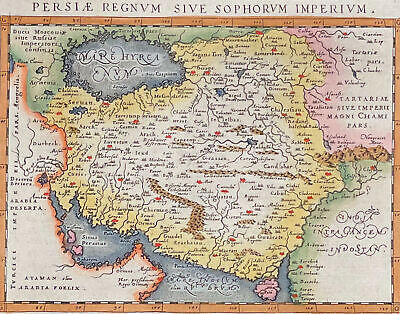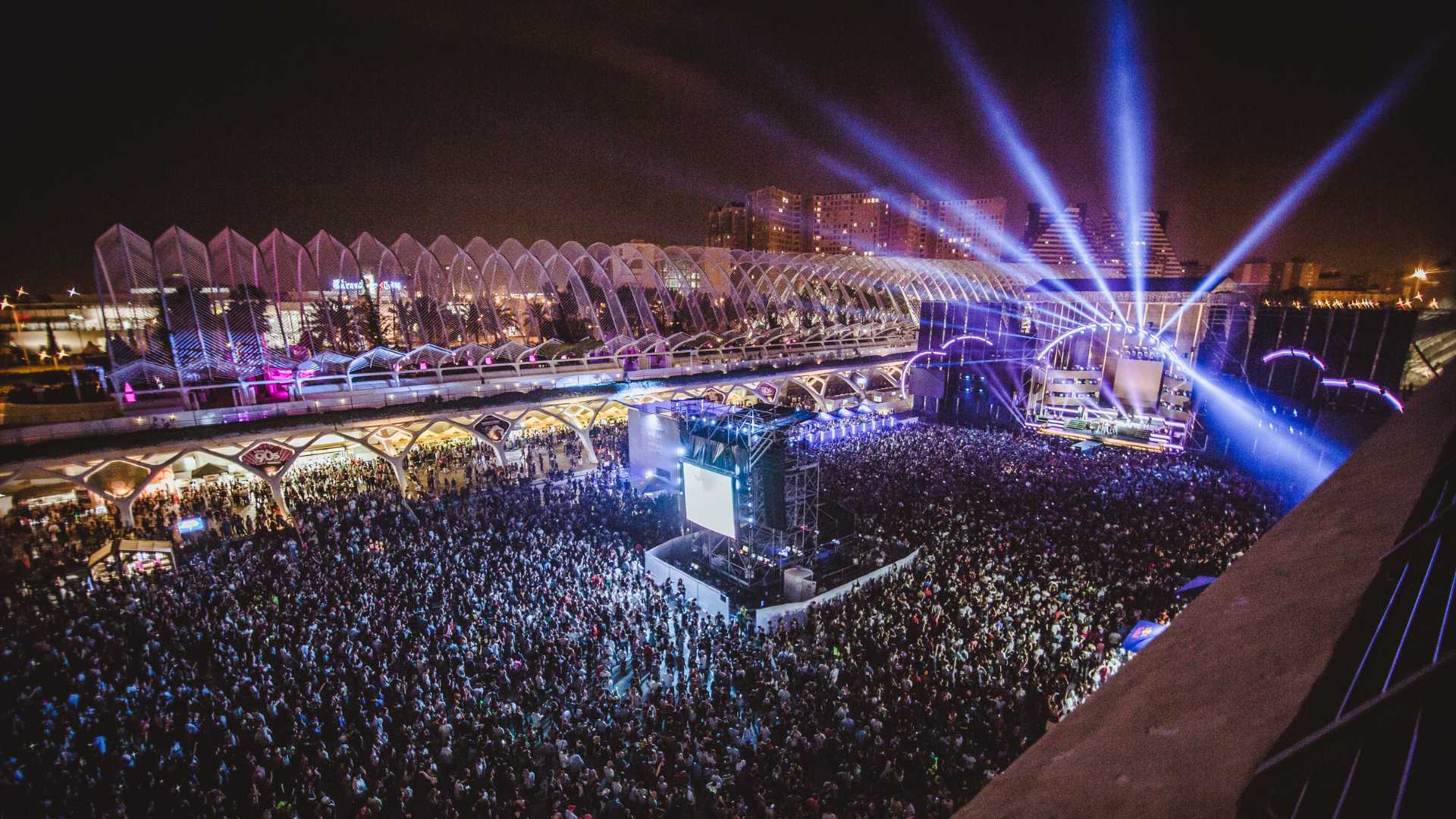
Introduction
The ancient civilization of Persia, known for its rich cultural heritage and historical significance, continues to shape various aspects of our modern world. Stretching from the Mediterranean to the Indus Valley, Persia was a prominent empire that introduced remarkable advancements in governance, art, and science. The relevance of studying Persia today lies in understanding how its influences persist in contemporary society, particularly in literature, politics, and cultural identity.
The Historical Background of Persia
Persia, which is now modern-day Iran, was one of the largest empires in history, reaching its peak under the Achaemenid dynasty around the 5th century BCE. The capital, Persepolis, served as a cultural and administrative hub renowned for its architectural marvels and intricate art. Persia was notable for its well-organized government and efficient communication systems, including the Royal Road, which facilitated trade and interaction across vast distances.
Persia’s Contributions to Society
The Persian Empire’s influence extended far beyond its geographical confines. The concept of human rights was initiated here under Cyrus the Great with the Cyrus Cylinder, promoting the idea of justice and freedom. Furthermore, Persian literature, exemplified by the works of poets like Rumi and Hafez, has left an indelible mark on world literature, emphasizing themes of love, mysticism, and philosophy.
Influence on Modern Politics
In contemporary context, the political landscape of Persia is crucial for understanding Middle Eastern politics. The historical context of governance and administrative practices in Persia has inspired many modern political ideologies. Additionally, the ongoing discourse surrounding Iranian identity is deeply rooted in the legacy of the Persian Empire, affecting how citizens perceive their cultural heritage today.
Religion and Culture
The Persian Empire was also a melting pot of various religions and cultures. Zoroastrianism, one of the world’s oldest monotheistic religions, originated in ancient Persia and has influenced other major religions, including Judaism, Christianity, and Islam. The cultural plurality established during the Persian Empire continues to manifest in the multicultural fabric of modern Iran and its diasporas around the world.
Conclusion
Understanding Persia’s rich history and significant contributions is essential for anyone interested in the evolution of culture and politics in the modern world. As global dialogues continue to evolve, acknowledging the influence of Persian heritage can foster a deeper appreciation for diversity and shared human experiences. By studying the past, we can better navigate the intricate relationship between history and our current socio-political landscape, reinforcing the idea that the legacies of ancient civilizations are still very much alive in contemporary society.
You may also like

Deal or No Deal: A Closer Look at its Impact and Legacy

The Enduring Legacy of James Madison
